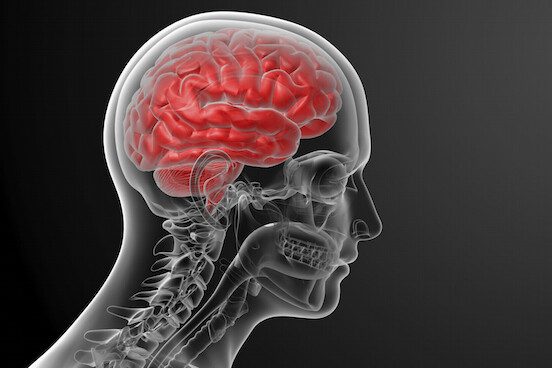LookWhat Is a Concussion and How Does It Occur?

A concussion is a traumatic injury to the brain that causes temporary loss of brain function. Concussions are often caused by a blow, bump, or jolt to the head that causes rapid back-and-forth movement of the head and brain. Sudden head movement makes the brain twist in the skull, resulting in chemical changes in the brain cells. Although a Falls Church concussion is usually not life-threatening, its effects can be serious. Read on to learn more about this injury.
What are the symptoms of a concussion?
The signs and symptoms of a concussion may be subtle and may not occur immediately. A concussion affects judgment, memory, speech, balance, reflexes, and muscle coordination. After a concussion, you may experience a short period of amnesia, where you can’t remember what transpired immediately before or after the injury. You may act dazed and confused and describe seeing stars. If the paramedics suspect you have suffered a concussion, they will ask you a few questions, including your name, current date, and where you are.
Concussions should not be taken lightly. Although some concussions are less serious than others, there is nothing such as a minor concussion. In most cases, getting a concussion for the first time does not cause permanent damage. You can suffer permanent disabling effects should you experience a concussion the second time, even where this time the impact is lighter. Examples of common symptoms of a concussion include headache, confusion, vision disturbance, memory loss, ringing ears, trouble falling asleep, sensitivity to light, imbalance, difficulty concentrating, and loss of smell or taste.
When to seek medical attention
Although many people recover quickly and completely after a concussion, some symptoms last for several weeks before gradually improving. You want to seek immediate medical care if your headache is intense and does not go away. Other signs that you require immediate medical attention include seizures, loss of consciousness, weakness, slurred speech, numbness, decreased coordination, inability to wake up, and worsening of symptoms.
Diagnosing a concussion
An injury from a concussion is metabolic and microscopic and often requires a neurological examination. A neurological exam involves checking your hearing, vision, balance, strength, sensation, coordination, and reflexes. You may also undergo cognitive testing to evaluate your memory and concentration. Your doctor may recommend brain imaging studies like MRI and scans if you have severe headaches, seizures, repeated vomiting, or worsening symptoms.
If you need observation, you may need to be hospitalized overnight. If your doctor agrees you can be observed at home, someone should stay and check on you. This is important to ensure your symptoms are not worsening.
Treatment
Concussions affect people differently; they can affect your vision, balance, or mood. Getting plenty of rest was the standard treatment for concussions, but today, newer approaches target specific symptoms. Your healthcare provider will recommend the appropriate therapy depending on the affected system. You will require a thorough medical examination prior to resuming sports activities where there is potential for a head injury.
If you have questions about concussions, consult your specialist at Integrated Neurology Services.
